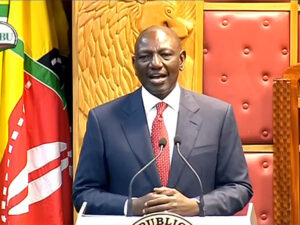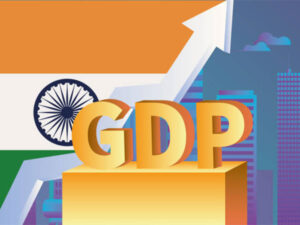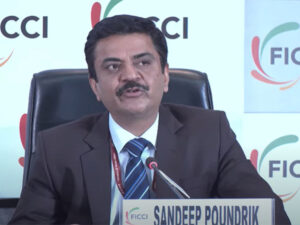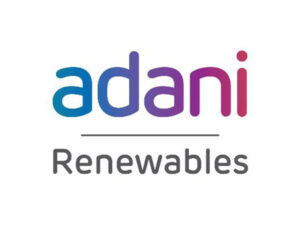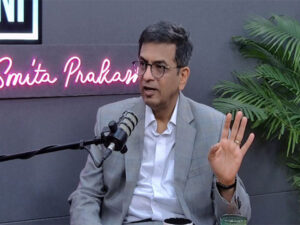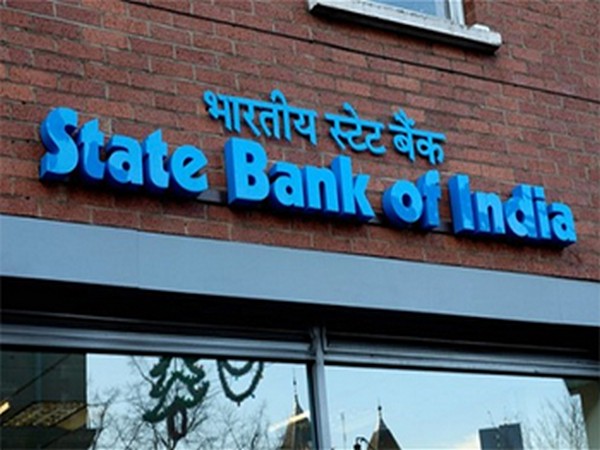
Mumbai (Maharashtra) [India], November 24 (ANI): Responding to the recent digital transaction row in the State Bank of India, the bank on Tuesday said in a statement that it does not charge any transaction fee from its Basic Savings Bank Deposit (BSBD) customers for digital transactions, including transactions using Unified Payments Interface (UPI) and RuPay debit cards.
According to a media report, in an IIT study, it was revealed that India’s largest lending institution SBI had deducted Rs 164 crore from Jan Dhan account holders between 2017 and September 2020. Of the 164 crores, the bank had returned only Rs 90 crore to these account holders for transactions through UPI and Rupay cards. The bank had collected Rs 17.70 from each account holder during this period.
Responding to this report, the SBI said, “We reiterate that BSBD customers do not pay any charges for digital transactions including transactions using Unified Payments Interface (UPI) and RuPay debit cards.”
The bank on unpaid refunds for digital transactions, said, “Bank introduced charges beyond the first 4 withdrawals in BSBD (Basic Savings Bank Deposit) accounts in the BC (Business Correspondent) channel w.e.f. June 15, 2016, in line with RBI guidelines with prior intimation to customers. A BSBD customer normally would not need to make more than four withdrawals in a month, and even if required, the same could be done from the branch without any cost.”
The bank further said that the Central Board of Direct Taxes (CBDT) advised banks to refund charges collected on or after January 1, 2020, and accordingly Rs 90 crore was refunded to the account holders.
The statement read, “CBDT on 30.08.2020 advised Banks to refund charges collected, if any, on or after 01.01.2020 on digital transactions and not to impose charges on such future transactions. Accordingly, the Bank refunded charges of Rs. 90.20 crores to the customers recovered from 01.01.2020 to 14.09.2020. Bank is only charging beyond four free cash withdrawals in the BC channel, while there are no charges if digital channels are used. The objective is to promote digital transactions towards a ‘less cash’ economy.” (ANI)







